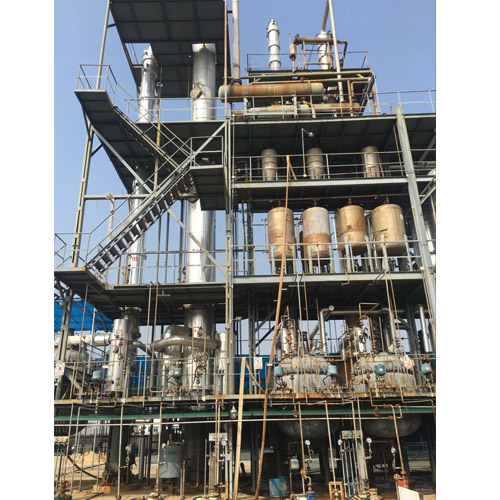The Role of the Methyl Acetate Plant
In the intricate world of chemical synthesis and industrial processes, the Methyl Acetate Plant emerges as a pivotal player, driving innovation, sustainability, and efficiency. This advanced facility stands as a testament to the evolution of chemical manufacturing, embodying the principles of green chemistry while fulfilling crucial industrial demands. This article delves into the realm of the Methyl Acetate Plant, shedding light on its significance, operations, and transformative impact on the chemical industry.

Unveiling Methyl Acetate: The Green Solvent
Methyl acetate, with its chemical formula CH3COOCH3, is an ester that holds the potential to revolutionize chemical processes due to its environmentally friendly properties. This clear, colorless liquid boasts a mild, fruity odor and finds utility as a solvent in various applications, including coatings, adhesives, inks, and specialty chemicals. What sets methyl acetate apart is its status as a green solvent, characterized by low toxicity, minimal environmental impact, and rapid biodegradability.
The Role of the Methyl Acetate Plant
A Methyl Acetate Plant is a sophisticated facility designed for the large-scale production of methyl acetate through chemical synthesis. This process typically involves the reaction between methanol (CH3OH) and acetic acid (CH3COOH) in the presence of a catalyst, such as sulfuric acid. The resulting esterification reaction yields methyl acetate and water as products.
The Methyl Acetate Plant is a convergence of cutting-edge technology, meticulous engineering, and sustainable practices. Its significance extends beyond chemical synthesis; it stands as a beacon of eco-consciousness and industrial excellence.
Green Chemistry and Sustainability
At the heart of the Methyl Acetate Plant lies a commitment to green chemistry principles, which prioritize the design of chemical processes that minimize environmental impact while maximizing efficiency and safety. Methyl acetate aligns perfectly with these principles, offering a safer alternative to conventional solvents that can pose health risks and contribute to pollution.
The production of methyl acetate within the plant exemplifies the adoption of sustainable practices. Its low toxicity and biodegradability ensure that its release into the environment has minimal adverse effects. Moreover, the synthesis process itself often utilizes advanced catalytic technologies that enhance reaction rates, reduce waste, and optimize resource utilization.


